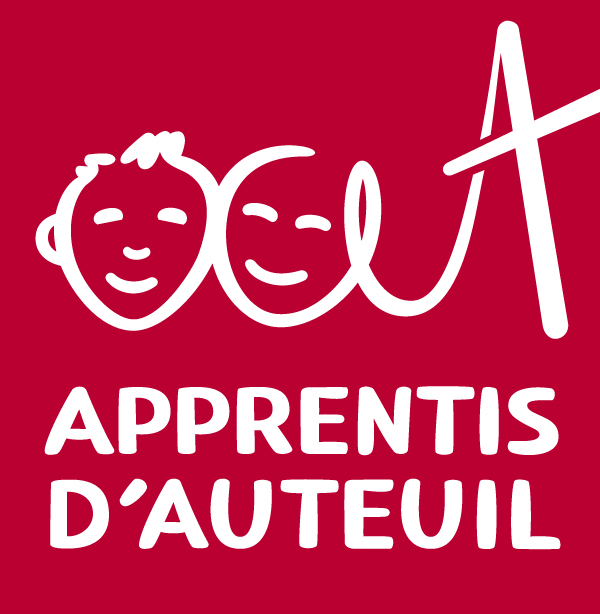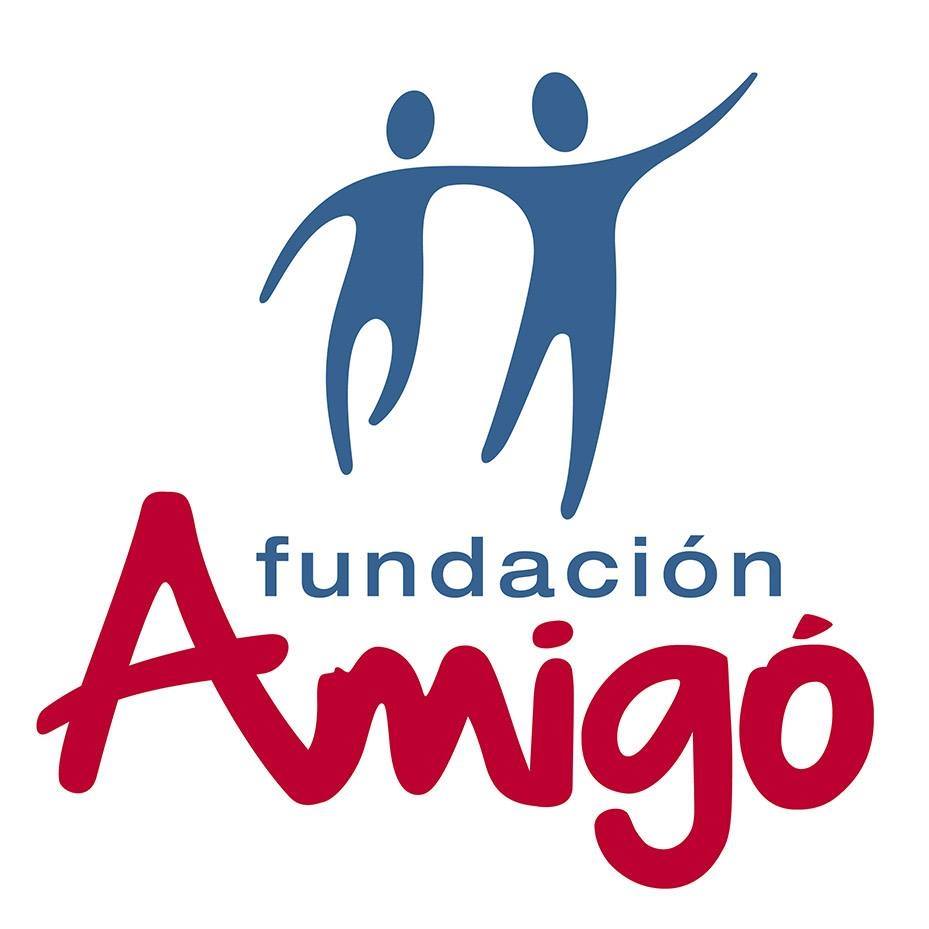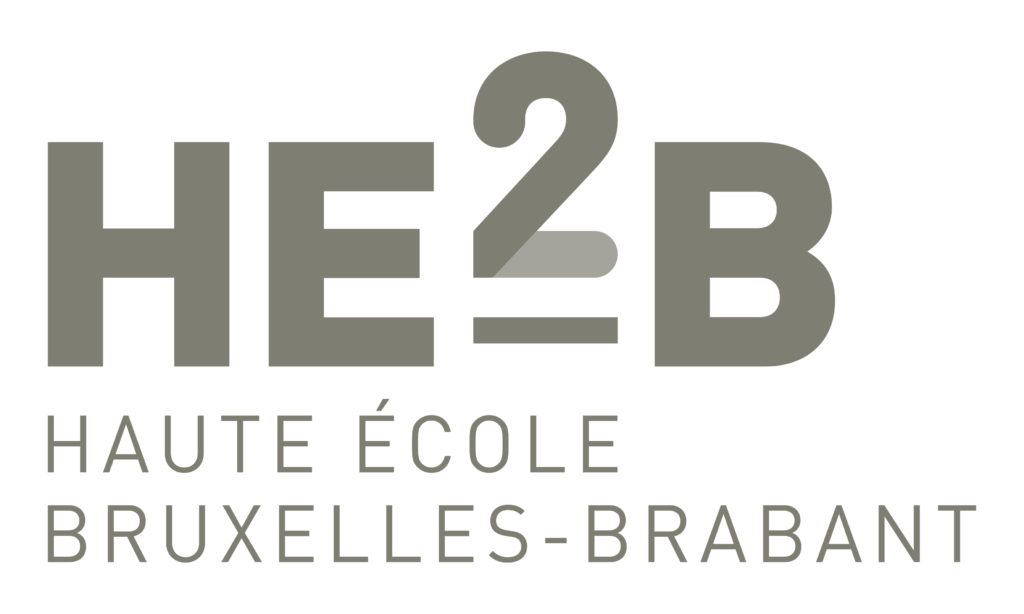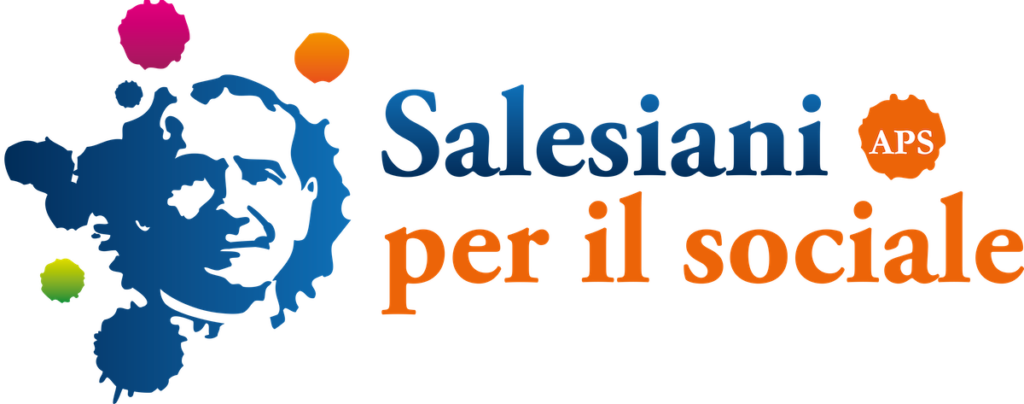
ASKORIA, France – ASKORIA, Activator of Solidarity!”. ASKORIA is an association created in 2013 from the merger of 4 training centers. We are the biggest training school in France dealing with social work. Our activity covers 4 fields: “High School & management”, “Vocational training school”, “Training organisation” and “Study, advice and support”. Each year, we train 12,000 students and trainees, in our 5 sites all over Brittany, thanks to 240 permanent staff members and more than 2,000 external collaborators. We train from level 3 to level 7 of the Nomenclature of diplomas by level. We are AFNOR and Qualiopi qualified. ASKORIA has its own Research Center. We take part to projectfs financed from European funds. Our sites welcome conferences, symposia, workshops and seminars. “A place.. to learn.. together.. differently!”.

Apprentis d’Auteuil, France – a Catholic foundation, established in 1866 and since 1929 recognized by the French state as a public institution for children, adolescents, and their families in difficulty in more than 250 establishments in France. The organization works in the area of child protection, education, training for professionals, as well as integration and support given to families in fulfilling their parental role.
.

Karel de Grote University College (KdG), Belgium – Antwerp’s largest university, with nine campuses and over 13,500 students in 6 fields of study: Healthcare, Commercial and Commercial Sciences, Industrial Sciences and Technology, Education, Audio-visual Arts, and Social Work and Welfare. Along with the educational programs, research and consulting are also the cornerstones of the university’s activities. In addition to research activities in the indicated thematic areas, KdG has the following flagship knowledge centers: (1) sustainable chemistry, (2) pedagogical support in kindergartens and schools, (3) urban education, (4) sustainable mobility, (5) care circle and (6 ) social work. KdG has experience implementing international programs, including Erasmus + KA2 and KA3 projects, ERDF Interreg, COST, and European Social Fund projects.

The University of Silesia, Poland, the project’s coordinator – a public university operating on the basis of the Act of July 20, 2018, Law on Higher Education and Science (Journal of Laws 2018, item 1668) and the Regulation of the Council of Ministers of June 8, 1968, on the establishment of the University of Silesia (Journal of Laws of 2018, No. No. 18, item 116). The University of Silesia currently educates 22,564 students and employs 1,902 academic teachers. The university operates in 4 cities of the Śląskie Voivodeship, ie Katowice, Sosnowiec, Chorzów and Cieszyn. The University of Silesia’s primary scope is educating students and doctoral students, conducting other forms of educational activity, and conducting scientific and research activities. The University of Silesia has many years of experience implementing international cooperation, an appropriate structure, and trained staff. Projects at the University of Silesia are implemented based on Regulation No. 98/2017 of the Rector of the University of Silesia, as amended d. on the preparation, implementation, and settlement of projects financed or co-financed with the EU CF and/or other European and international funds.

AMIGO Foundation, Spain – a non-governmental and non-profit organization inspired by the work of Luis Amigó. It is registered with the Ministry of Justice (registration # 472SND) and with the Spanish Agency for International Development Cooperation – AECID (registration No. 239 (09/06/2000)). It focuses on social and individual support for socially excluded people, especially children, adolescents, and families, in difficult situations. The activities of the Foundation are based on the defense of human and children’s rights by undertaking social, educational, and psychosocial interventions. The concept of the Foundation’s therapeutic and pedagogical work assumes an individual and systemic approach. Thanks to over 125 years of experience, this approach is constantly developed and adapted to new needs and challenges.

Haute Ecole de Bruxelles-Brabant (HE2B), Belgium – a public university subordinate to the Ministry of Higher Education. It consists of seven faculties and conducts courses in various fields such as pedagogy, engineering, kinesiotherapy, commerce and development, computer science, and geriatrics. The Faculty of Education offers an extensive educational program for prospective teachers and community educators and hosts the CÉRISÈS: Centre for Analysis and Research on Socio-Educational Interventions. In 1998–2008, CÉRISÈS organized its work mainly through the voluntary cooperation of HE2B trainers and researchers with specialists and teachers from various universities, foundations, professional associations, NGOs, Belgian and foreign research centers. Since 2009, it has evolved into a more formal structure involving several research programs and partnerships in social work and socio-educational work, often collaborating with universities, colleges, research centers, and other organizations in Europe and the world. A significant part of these projects was financed from European funds.

Salesiani per il Sociale, Federazione APS, Italy – an association founded in 1993, promoted by an Italian Salesian Catholic congregation with the mission of providing social and educational services, preventing discomfort and marginalization of young people, coordinating civil service, and volunteering in Italy and at international level. Salesiani per il Sociale APS is based on the experience and teaching of St. John Bosco and the Salesian educational system. It has two main goals: coordinating and promoting activities in the field of volunteering and civil service, as well as promoting a culture of acceptance and respect for the human person by designing and implementing educational interventions for children and youth in conditions of marginalization and social exclusion. The primary beneficiaries are young people/minors committing criminal acts, being addicted, and at risk of dropping out of school. The association is present all over Italy thanks to a network of services, operators, and volunteers. It participates in various projects under the Erasmus + K1 and K2 European Funds and AMIF (Asylum and Migration Integration Fund).

“17-stka” Association, Poland – a locally operating non-governmental organization dealing with work with people at risk of social exclusion or social exclusion. As part of its activities, the organization undertakes activities for the benefit of various age groups at risk of exclusion, living in socially disadvantaged areas. The organization currently supports about 500 people as part of direct aid activities, as well as entire local communities, using the OSL method (local community organization) as part of the social revitalization. The “17-tka” Association is an organization associated with the Polish Network of Street Workers’ Organizations, whose representatives actively participate in the activities of Dynamo International (http://travailderue.org/). The organization is also part and founder of the Federation of Street Workers’ Organizations for Children and Youth, as well as one of the institutions affiliated with the Federation of NGOs of Western Subregions. In international activity, members of the association took part in international exchanges as part of the Local Activity Laboratory (Polish-Ukrainian-Belarusian exchanges) and constantly cooperated with an organization from Ukraine (from Ivano-Frankivsk). The organization also carried out a series of study visits for international groups visiting Rybnik under European funds (mainly the Erasmus program).